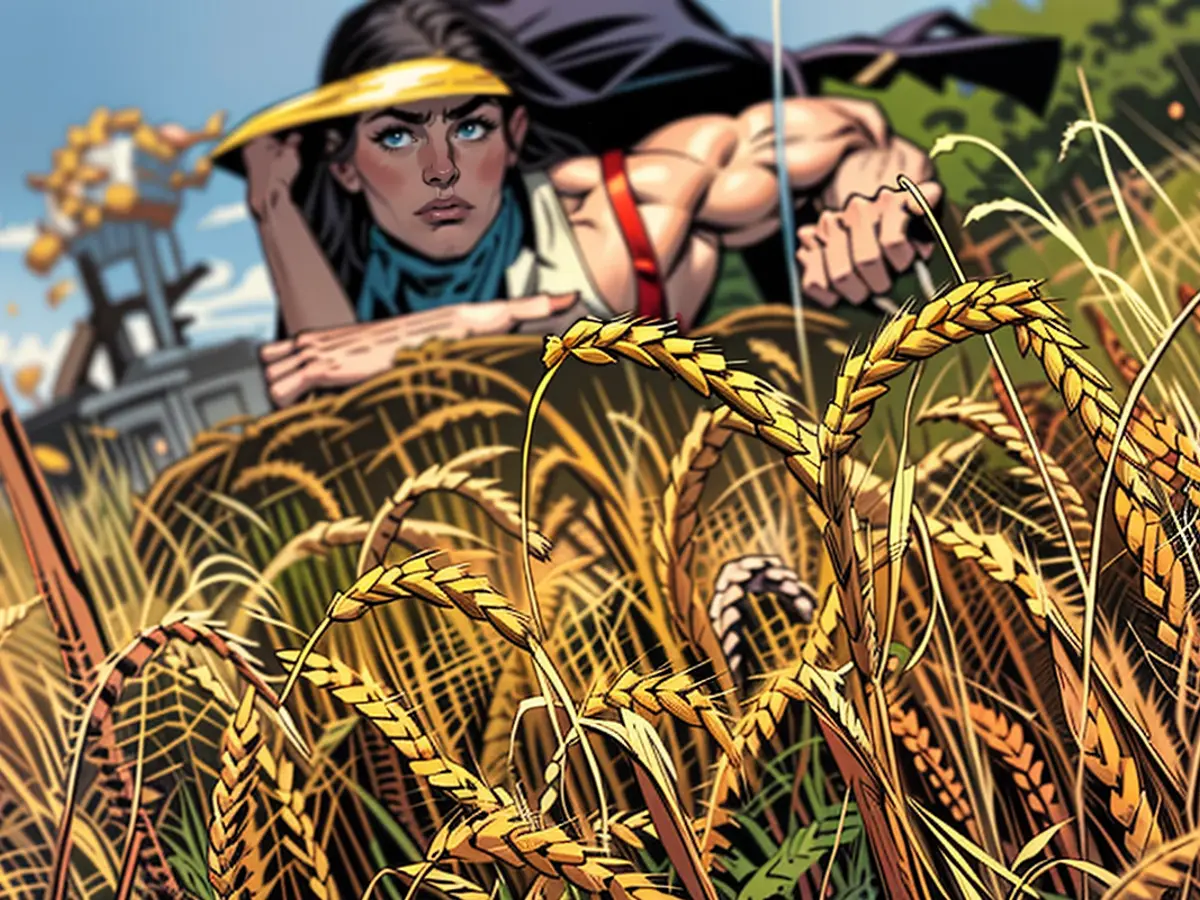- Bavarian agriculturalists yield less harvested grain in this season.
Homegrown farmers in Bavaria are yielding less wheat this season. The Bavarian Statistics Bureau anticipated this year's yield to be a total of 5.7 million metric tons, approximately 10% less than the usual average. Incidentally, the cultivated acreage decreased as well, by 7.4%.
Harsh realities of this crop year include excessive moisture, causing unceasing interruptions in harvesting. Some fields remained inaccessible due to saturation, according to the Bureau. These wet conditions have led to an increase in fungal and pest outbreaks compared to previous seasons.
Half of the wheat fields in Bavaria are used for planting winter wheat. Experts predict an average yield of 7.16 tonnes per acre for this year, which equates to a 1% drop compared to the previous year. Winter barley yield, on the other hand, is projected to be around 6.07 tonnes per acre, marking a significant 14% decrease from last year's yield. In contrast, the predicted yield for spring barley is 5.47 tonnes per acre, representing a substantial 31% increase compared to the previous year.
The European Union might need to import more wheat from other countries this year due to the lower yields in Bavaria. Despite being a member of the European Union, the reduced wheat production in Bavaria could potentially impact the union's overall wheat supply.








